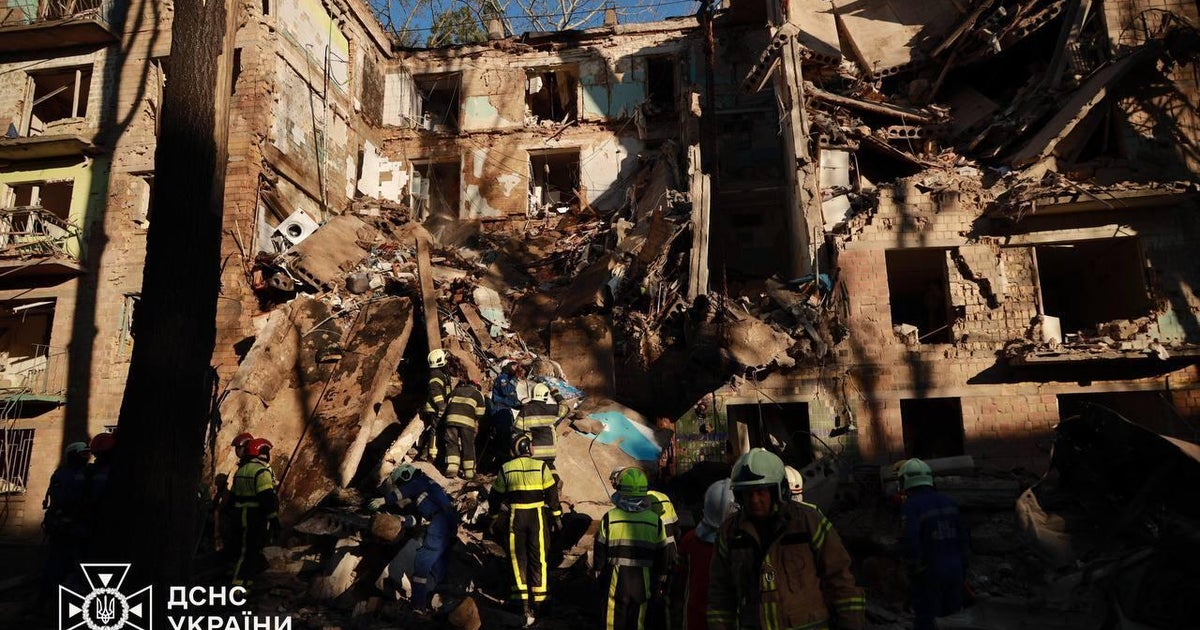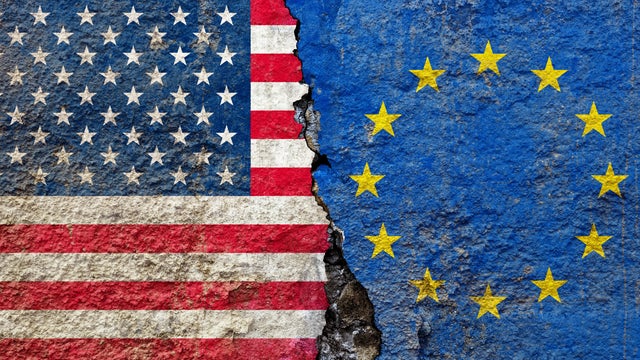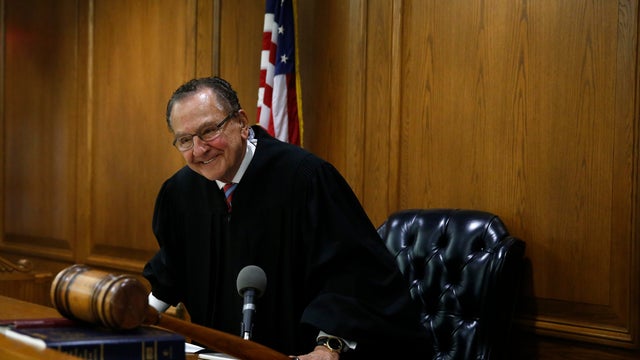

No response returned

The Hague — Two Dutch intelligence agencies said on Friday that Russia is increasing its use of prohibited , including the World War I-era poison gas chloropicrin.
The Netherlands' military intelligence and the security service, together with the German intelligence service, found that the use of prohibited chemical weapons by the Russian military had become "standardized and commonplace" in Ukraine.
According to the findings, the Russian military uses chloropicrin and riot control agent CS against sheltering Ukrainian soldiers, who are then forced out into the open and shot.
Dutch Defense Minister Ruben Brekelmans called for more sanctions against Moscow and continued military support for Kyiv.
Brekelmans, who stayed on in a caretaker role after the Dutch government collapsed last month, said he doesn't want to see the use of chemical weapons become normalized.
He on social media, "Drones are dropping the chemical chloropicrin on trenches, driving away and then killing Ukrainian soldiers."
Brekelmans said with the use of large-scale chemical weapons, Russia was again showing "its evil face."
Lowering the threshold for use "is not only dangerous for Ukraine, but also for the rest of Europe and the world," he said in a statement.
Russia has signed up to the which bans the use of chloropicrin and CS as weapons. The convention's watchdog, the Organization for the Prohibition of Chemical Weapons, or OPCW, has found several incidents in Ukraine involving CS, but the group hasn't conducted a full investigation, which must be requested by the member states.
The executive committee for the OPCW is holding a regular meeting next week, where it's expected to discuss the conflict in Ukraine. Russian authorities didn't immediately comment on the findings, but they have denied using chemical weapons in the past, instead alleging that Ukraine has used the banned substances. According to Ukraine, Russia has carried out 9,000 chemical weapons attacks in the country since the start of the full-scale invasion in 2022.
In December, the head of the Russian military's biological and chemical weapons unit, Lt. General Igor Kirillov, with his deputy during a blast in Moscow. At the time, an informed source in the Security Service of Ukraine told TheNews, "Kirillov was a war criminal and an absolutely legitimate target, since he gave orders to use prohibited chemical weapons against the Ukrainian military."
In 2024, the U.S. State Department said that it had recorded the use of chloropicrin against Ukrainian troops.




